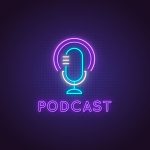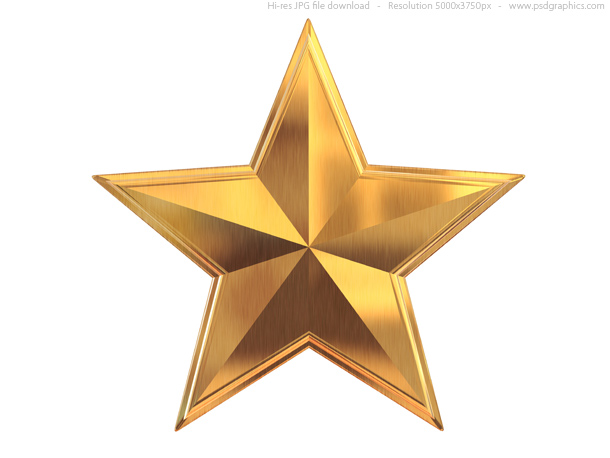Now for the third area from Alison Cameron’s article, “Do children really make us happy? Alison Cameron compares parenthood with a childfree life” from The Sun Herald. Like the two posts before this one, first you’ll see the quoted content from Cameron’s article. Check out the third area: Health.
From the article: One area where parents seem to thrive is in physical health. A 2006 study from London suggested that childless women run of risk of earlier death and poorer health later in life compared to their childbearing sisters.
However, closer examination of the findings shows that motherhood is healthy, but only if you do it at the right time or have the optimum number of children.
Teenage pram-pushers <aka stroller-pusher> , women with five or more children or someone who has two children with less than a 19-month gap between births all face poorer health and a higher risk of death.
Meanwhile, breastfeeding has been found to decrease the risk of breast cancer in a number of studies.
But parenthood is not such great news when it comes to mental health, with 2006 U.S. research showing parents, both male and female, have significantly higher levels of depression than the childless. Post-natal depression (PND) is also a serious risk, with a 2006 Danish study finding women are at particular risk during the first three months after giving birth. It is also emerging that even men or parents who adopt may not escape the pain of PND. But before mothers give up on their mental health, they should be encouraged to learn raising children may actually make women smarter.
In her 2006 book, The Mommy Brain, American writer Katherine Ellison draws on neuroscience research to show that pregnancy and early motherhood improve memory and prepare women for multi-tasking; and that the hormone oxytocin, which is plentiful in mothers, combats stress and helps with learning.
Ellison found that care for a newborn remaps parts of a woman’s brain and improves her ability to learn new skills, and that the powerful biological urge to defend children helps women become more creative and competitive.
Cameron says on this one —“Winners: Parents.” Mmm. Have to challenge this. The London study suggests that childless women run the risk of earlier death and poorer health in later life. I wonder about the choice factor—do you get the same result if the childless are childless by choice? I also can’t believe that just because you don’t have kids means you are more likely to be less healthy later in life and more likely to die sooner than mothers of 2 babies spaced longer than 19 months apart. Too much goes in to being and staying healthy and motherhood is unlikely the sole predictive variable here. More data required.
Breastfeeding has been shown to decrease the risk of breast cancer, yes. But what if the mom does not breast feed? Does it mean that just because if you don’t have kids you are more likely to die of breast cancer than moms? I have yet to see research to answer this question, but my hypothesis is I think not.
Cameron also suggests that while moms are likely to be depressed, at least motherhood will make them smarter…and depressed. While the “mommy brain” may impact memory, the ability to multitask, learn new skills, become more creative and competitive, does it mean the “no-mommy brain’s” memory will be worse than a mom’s, or that you will have less ability to multi-task? That you will have less ability to learn new skills? Be creative or competitive? I think not. And if you want to have the benefits of oxytocin, get the prescription.
Think of those you know in their later years–parents and not. Who is healthier? Why? Cameron’s contention that parenthood with specific parameters as the dependent variable for better health and less risk of death is a stretch at best. What do you think?






Who is healthier depends a lot more on lifestyle and genetics, I believe, than reproductive status. If someone eats right healthier foods and gets more exercise, regardless of number of children, will be healthier. Someone genetically predisposed to various medical problems will be less healthy, regardless of number of children.
Of course mothers get depressed after birth… it’s not just the hormones, but the fact that they aren’t getting all the attention they got during their pregnancy, they aren’t getting as much sleep and motherhood isn’t as glamorous as they were tricked into believing. Who wouldn’t be depressed? It’s like if you’re about to graduate from college with an advanced degree and everyone is gushing congratulations to you telling you how great you did and then you get a good job lined up and everyone is envious and fawning over you and you’re anticipating this great job… only to start and find out the job is no fun and you’re frustrated and exhausted and miserable, and at the same time, you are no longer getting all the praise from everyone around you. Who wouldn’t be depressed?
I don’t want to just dismiss the research on “The Mommy Brain” off hand but anecdotal evidence would suggest otherwise. Anyone can some up with research to “prove” their case (can anyone forget the “vaccines cause autism” crap?). Better able to multi-task? Ever tried to have a phone conversation with a mother? They can’t do it. (I know, broad brush, but generally speaking.) Mothers tend to focus inward so much (on themselves and their kids) which isn’t a bad thing, but how exactly does that make them so much smarter and improve their memory? If anything, one might argue the lack of intellectual stimulation might make them less smart, but it all depends on their lifestyle choices – are they still reading? What are they reading? What other hobbies do they have? etc.)
If these women weren’t so sleep deprived, maybe they would have improved memory. If they were getting all these hormones to combat stress, why are they all so depressed and often whining about being too stressed out and overwhelmed? If women with kids have such superior skills and health, why are they all too often claiming victim status and wanting the “village” to chip in and help them?